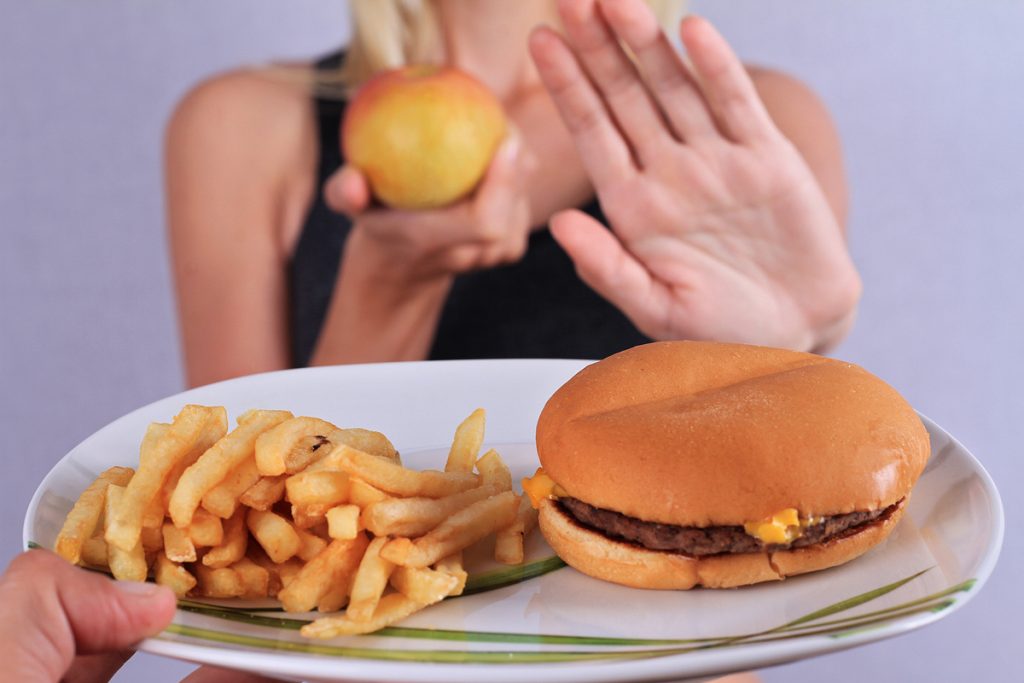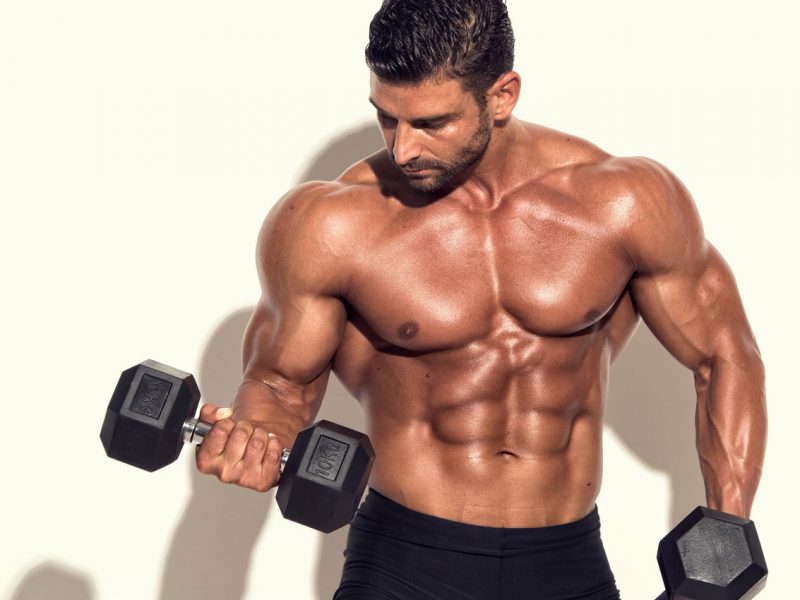Frequently Asked Questions
Do I need to do cardio?
Answer: As I said in the answer to the previous question, ideally you should include some amount of cardio, both high-intensity and low-intensity, in your workout program because each has its own physiological benefits.
Do specific macronutrients affect your overall caloric intake?
In a nutshell, the answer is yes. Once you have determined the caloric content of your diet, your next task is to balance the macronutrients. For example, if you choose to consume only 50 grams of protein, not a drop of fat, and get the remaining calories with carbohydrates, it will definitely have an effect on fat storage in the body.
Does it matter what time you eat?
Answer: The most important determinant of weight gain or loss is caloric intake. However, eating frequency and eating before and after workouts can affect the intensity and duration of the latter, potentially improving body composition. Remember that muscle growth is not a pulsatile process. Muscle does not grow in rapid bursts after which it returns to baseline. If there are no amino acids in the bloodstream, the body takes them from muscle tissue, where they are found in high concentrations. The best solution is 3-6 meals spread throughout the day, depending on your preferences and personal schedule. Ideally, you should stimulate anabolism by eating every 3-5 hours.

Is there a so-called post-workout window?
Answer: If your goal is to maximize muscle synthesis, taking nutrients within 30-60 minutes of your workout may be of some benefit to you. Does it have to be a protein shake? No, not necessarily. But ideally it should be a lean food that can improve the absorption of nutrients in the gastrointestinal tract. If you ate foods rich in various macronutrients before your workout, keep in mind that the nutrients are probably still absorbed after the workout. Therefore, you should not rush to drink a protein shake as soon as possible after completing the last approach of the last exercise.
How often should I train?
Answer: Depending on your fitness level, personal preferences, recovery ability, and free time. Most likely, 3-5 strength training sessions per week will be sufficient for you. If you are a beginner, you should train 3 times a week and gradually increase the time. Beginners and intermediate athletes can train 4 times a week using an up/down split. More advanced athletes can train 5 times a week, depending on the program, recovery rate, and nutrition system they use.
Do I need rest days?
Answer: as I said in the first section of this article, the key to building muscle lies in recovery, not damage. The goal of training is to stimulate protein synthesis, not to completely destroy muscle. I never feel hungry, but I need to consume more food.
How can I do that?
The answer is to eat more often and drink less liquid with meals (food and water “compete” for space in the stomach). Also, eat from larger plates, add lemon or lime juice to your water (this will help increase the production of hydrochloric acid, which breaks down food) and consume more “liquid calories” (especially before and after your workout if you have no appetite at all the rest of the time). Can I work out during illness? In this case, you should be guided by the symptoms. A slight sore throat or runny nose may require a couple of days off, but do not exaggerate the problem by trying to stay in bed longer. At the same time, remember that prolonged intense exercise can lower your immune function and make you more susceptible to bacterial and viral diseases, so listen to your body and act accordingly.
Do I need to do squats and deadlifts?
Answer: yes, squats and deadlifts are important for muscle growth.
Should I only do squats with the bar on my back and classic deadlifts?
The answer is no. But first you must master the technique of classic squats and deadlifts, after which you can move on to more advanced variations of these exercises (front squats, sumo-style pulls, Romanian deadlifts).



